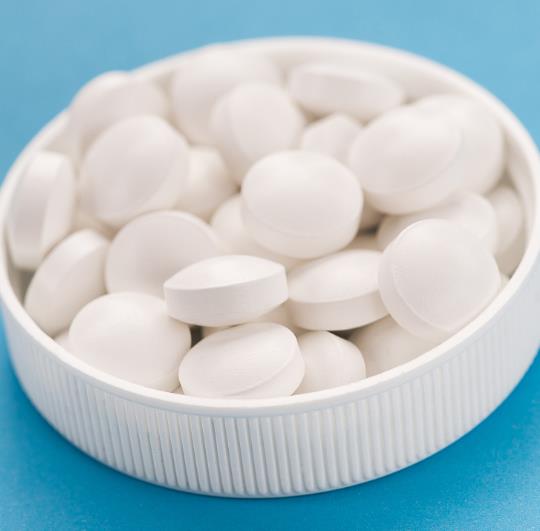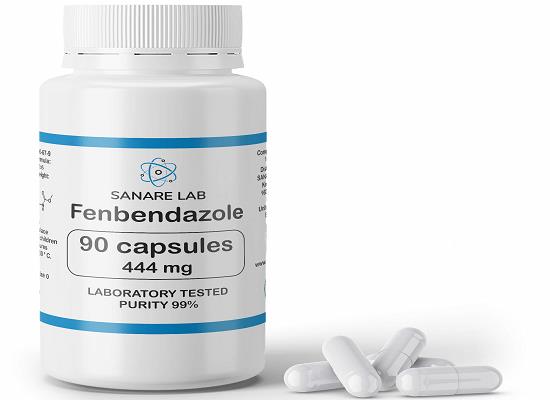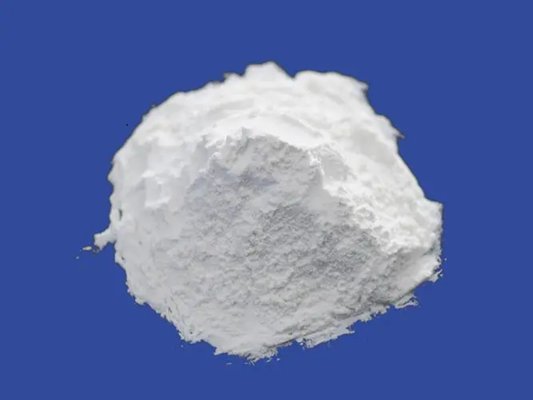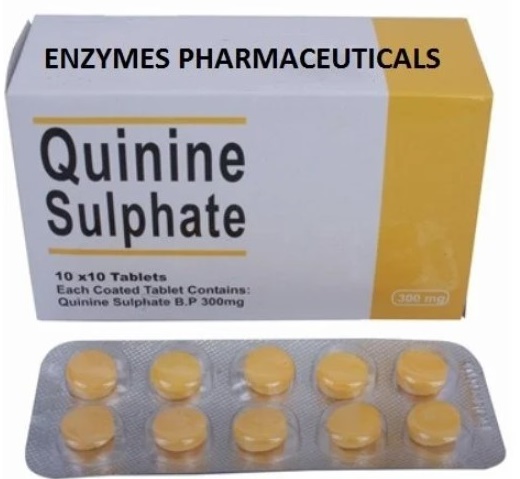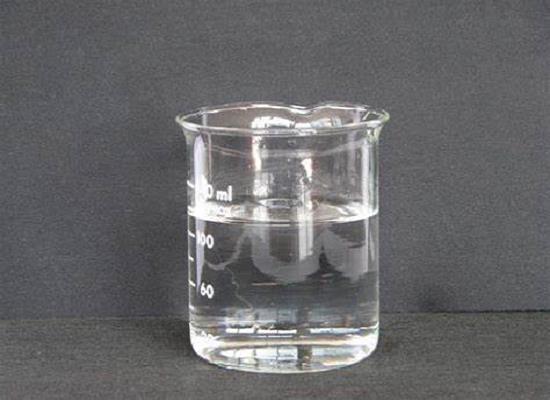Fenbendazole: an effective anthelmintic
Description
Fenbendazole, also known as [5-(phenylthio)-1H-benzimidazol-2-yl]carbamic acid methyl ester, is a benzimidazole derivative with anti-tubulin polymerization properties. It is an effective and broad-spectrum benzimidazole anthelmintic that prevents parasite infection in both human and veterinary health care[1].
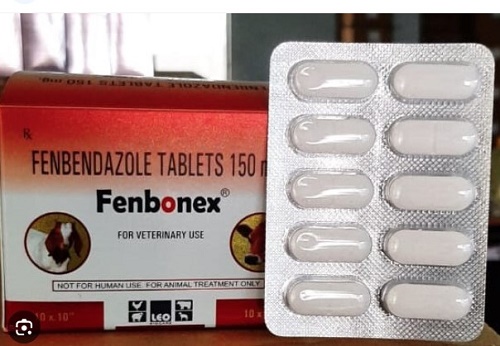
Anthelmintic
Fenbendazole could be administered to sheep, cattle, horses, fish, dogs, cats, rabbits, most reptiles, freshwater shrimp tanks as planaria and hydra treatments, as well as seals. It is mainly used against gastrointestinal parasites including giardia, roundworms, hookworms, whipworms, the tapeworm genus Taenia (but not effective against Dipylidium caninum, a common dog tapeworm), pinworms, aelurostrongylus, paragonimiasis, strongyles, and Strongyloides.
Fenbendazole acts on helminths mainly by binding to tubulin and disrupting the tubulin microtubule equilibrium. Its utility as an antiparasitic drug results from differences in the structures of tubulin in mammalian cells and in lower organisms, which lead to its greater binding to tubulin, and therefore greater inhibition of polymerization, in the parasites[2].
Anticancer
In addition, because of its anticancer activity similar to that of many anticancer drugs, low cost, and few side effects, fenbendazole has attracted wide research attention in its anticancer ability. Researchers determined the effects of fenbendazole on porcine trophectoderm and luminal epithelial cells[3]. They find that fenbendazole functions as an effective anti-proliferative molecule that induces critical apoptosis in the porcine trophectoderm and uterine luminal epithelial cells by disrupting the mitochondria membrane potential during early pregnancy. Fenbendazole and its derivative could induce oxidative stress by accumulating ROS[4]. They both have multiple targets and strong anti-tumor effects on HeLa cells in vitro and in vivo.
The absorption of fenbendazole from the intestine is limited, which leads to a lower content of the drug and its active metabolite in the relevant tissues.
References
[1] Peng Y, et al. Fenbendazole and its synthetic analog interfere with HeLa cells’ proliferation and energy metabolism via inducing oxidative stress and modulating MEK3/6-p38-MAPK pathway. Chem. Biol. Interact., 2022; 361: 109983.
[2] Park H, et al. Fenbendazole induces apoptosis of porcine uterine luminal epithelial and trophoblast cells during early pregnancy. Sci. Total Environ., 2019; 681: 28-38.
[3] Duan Q, et al. Fenbendazole as a Potential Anticancer Drug. Anticancer research, 2013.
[4] Syslová E, et al. Metabolism of the anthelmintic drug fenbendazole in Arabidopsis thaliana and its effect on transcriptome and proteome.Chemosphere, 2019; 218: 662-669.
Related articles And Qustion
Lastest Price from Fenbendazole manufacturers
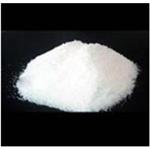
US $0.00-0.00/KG2025-12-21
- CAS:
- 43210-67-9
- Min. Order:
- 1KG
- Purity:
- 99%
- Supply Ability:
- kg

US $80.00/KG2025-08-08
- CAS:
- 43210-67-9
- Min. Order:
- 1KG
- Purity:
- 99
- Supply Ability:
- kg

